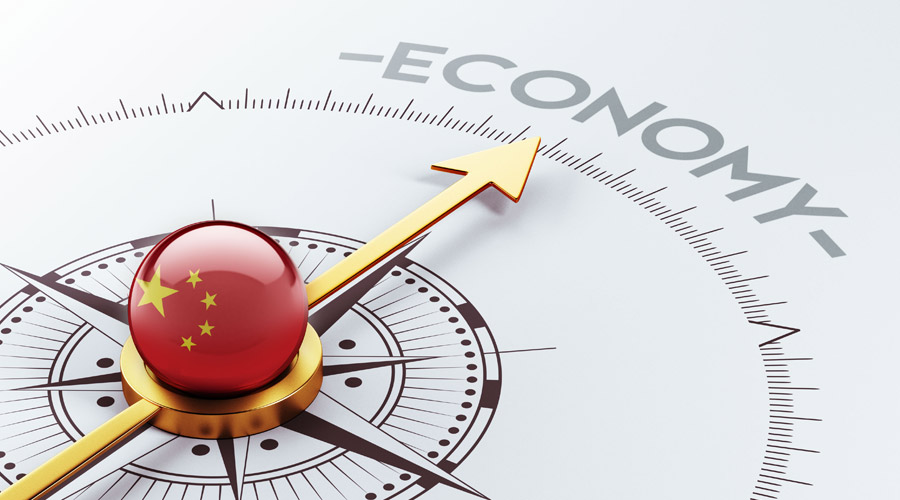China’s factory activity expanded in July at the slowest pace in 17 months as higher raw material costs, equipment maintenance and extreme weather conditions weighed on business activity, adding to concerns about a slowdown in the world’s second-biggest economy.
The official manufacturing Purchasing Manager’s Index (PMI) eased to 50.4 in July from 50.9 in June, data from the National Bureau of Statistics (NBS) showed on Saturday, but remained above the 50-point mark that separates growth from contraction.
Analysts had expected it to slip to 50.8. It was the lowest figure since the index slumped to 35.7 in February 2020, after China began lockdowns to control the coronavirus pandemic.
An NBS official said in a statement the PMI’s sub-index for production slipped to 51.0 from 51.9 in June, pointing to equipment maintenance and extreme weather. The new order sub-index fell to 50.9, from 51.5, reflecting a slowdown in demand.
“The most alarming signal is the new export order index, which is at the lowest level since July last year,” said Zhiwei Zhang, chief economist of Pinpoint Asset Management.
The sub-index for new export orders has dropped for three straight months starting in May. It stood at 47.7 in July.
A sub-index for raw material costs stood at 62.9 in July compared with June’s 61.2, pointing to an increase in costs. High raw material prices have eaten into the profitability of industrial firms and deterred some Chinese exporters from taking on orders.
Authorities are eager to prevent high factory-gate prices being passed on to consumers, which would only add to current economic headaches as underlying demand remains weak.
Hit by extreme weather, the construction index dropped to 57.5, from June’s 60.1.











